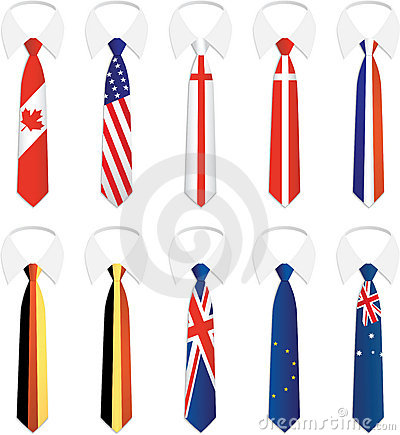 My friend send me this email the other day and I thought it was so funny that it earned the right to be on this blog. I cannot help myself but agree with some of the brilliant grammatical corrections….
My friend send me this email the other day and I thought it was so funny that it earned the right to be on this blog. I cannot help myself but agree with some of the brilliant grammatical corrections….
CZ: Jedna z mych kamaradek mi nedavno poslala hrozne vtipny email; byl tak vtipny, ze jsem se o nej rozhodla s vami vsemi podelit. Nektere navrhnute gramaticke zmeny mi prijdou briliantni napad…
The European Commission has just announced an agreement whereby English will be the official language of the European Union rather than German, which was the other possibility.
As part of the negotiations, the British Government conceded that English spelling had some room for improvement and has accepted a 5- year phase-in plan that would become known as “Euro-English”.
In the first year, “s” will replace the soft “c”.. Sertainly, this will make the sivil servants jump with joy. The hard “c” will be dropped in favour of “k”. This should klear up konfusion, and keyboards kan have one less letter.
There will be growing publik enthusiasm in the sekond year when the troublesome “ph” will be replaced with “f”.. This will make words like fotograf 20% shorter.
In the 3rd year, publik akseptanse of the new spelling kan be expekted to reach the stage where more komplikated changes are possible.
Governments will enkourage the removal of double letters which have always ben a deterent to akurate speling.
Also, al wil agre that the horibl mes of the silent “e” in the languag is disgrasful and it should go away.
By the 4th yer people wil be reseptiv to steps such as replasing “th” with “z” and “w” with “v”.
During ze fifz yer, ze unesesary “o” kan be dropd from vords kontaining “ou” and after ziz fifz yer, ve vil hav a reil sensi bl riten styl.
Zer vil be no mor trubl or difikultis and evrivun vil find it ezi TU understand ech oza. Ze drem of a united urop vil finali kum tru.
Und efter ze fifz yer, ve vil al be speking German like zey vunted in ze forst plas.
If zis mad you smil, pleas pas on to oza pepl.
If you liked this post buy me a coffee! (Suggested:$3 a latte $8 for a pound) Thanks!




I know this one, it is awesome!!! 🙂
genius.
Are they nuts? I cannot even read this! I love it though.
I love this one Tanja! I studied German for 4 years in school, so this was extra hilarious for me 🙂 Thank you for sharing!
this is the cutest thing I have read in a long time 🙂
I wonder how would we edit this fun article if we created a “Czecho-English” version instead of this “Germano-english”.
I think that the first thing would be changing the troublesome ‘th’ to ‘s’. My mom always calls my husband “kiiis’ instead of ‘Keith’ :0) That’s because it is probably the hardest thing to pronounce, wouldn’t you think?
A nektere th do “d” nebo “t”, jako “this”. A misto “Ch” dat “K”, protoze oni to stejne jako “Ch” nectou. Stejny problem s mym Chrisem. 🙂
I now diz vone. It hez biin crejejted baj dose parazajts vorking in EU…..dej hev nosing elz tu du…
Ha ha Vlastimil, that’s perfect – if we only could write that way!! Or should I say ‘if viii only kud vrait zat vai’ :)))
If we could write this way, then some words kud be on the border of vulgarity 🙂
On the other hand, some expression will become quiet innocent….like mada fa@$%
But we should be happy that we don’t have to adopt Swedish language. For example :
“I could see that” (in Euro-English “Aj kud sii det”) in Swedish is “Jag kunde se det”….not nice. is it? On the other hand Swedish and Euro-english could melt together and become one mighty “sprak” (pronounced sprok, which means language)…